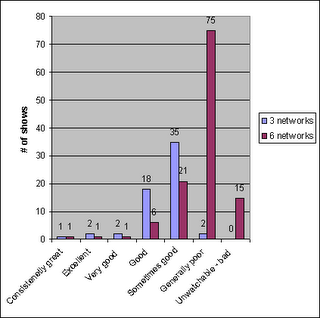Fans and followers of Tim Ferris are already familiar with his concept of the low information diet and selective ignorance. The basic idea is that there is so much information in the world, and so much news coverage, that you could spend your life keeping up-to-date and never have time to do anything for yourself. By cutting down on the amount of news you follow, you regain time for yourself.
But there’s another benefit of selective ignorance that might be even more powerful. If you look hard enough, you can find a good (sounding) reason to not try anything:
- Don’t record a blues album, no one listens to the blues.
- Don’t travel abroad, terrorists have threatened the airlines again.
- Don’t self-publish your book, they never sell.
If Brunonia Barry had known what she was doing was impossible, she never would have gotten a seven-figure book deal when she finished. According to her husband Gary Ward, “We were emboldened by our ignorance. We knew just enough to get going, but not enough to stop us.”
He encouraged Brunonia to self-publish her debut novel “Lace Reader”. They brought un-bound prints of the book to local book stores and clubs and solicited feedback.
That just isn’t how books are published. Authors submit manuscripts to publishers and wait for an offer. Then the publishers tell the authors when, where and how the book will be marketed. But Ward and Barry didn’t know that.
Had they known how the publishing business works and, more importantly, had they “known” that what they were doing wouldn’t work, there’s a good chance no one would have ever heard of “Lace Reader”. Instead, reprint rights have been sold in 20 countries and Barry is in discussion for a movie deal.
Bold doesn’t mean stupid
The danger of ignoring your critics is that sometimes they’re right. When Simon Cowell tells someone that they can’t sing, there’s a good chance he’s right. He’s an expert.
That’s not the person you want to ignore. The ones to tune out are the naysayers who tell you, “That can’t work. No one does it that way.”
Every great thing was once the new thing that no one did. Until someone ignored the critics and did it anyway.
So listen to critics. Pay attention when someone has done exactly what you’re trying and has valid feedback. But if all they have to say is, “No one does it that way,” maybe that means you’ll have the field all to yourself.
